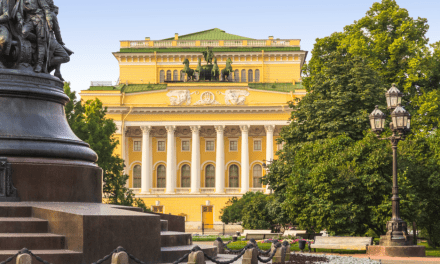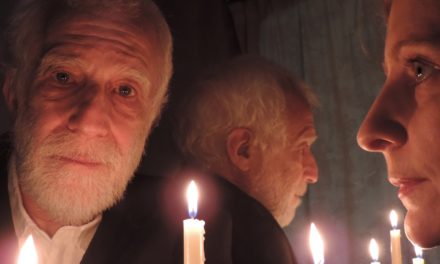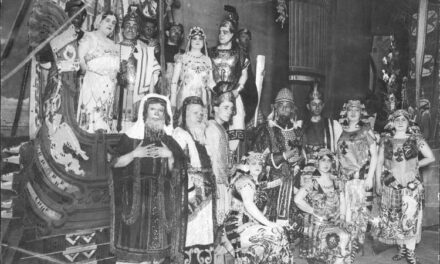Upon the release of Contemporary Plays from Iraq in 2017, my focus shifted to translating works exclusively written by female playwrights. The aim was to boost visibility and amplify their voices globally. To my surprise, research unveiled only one female playwright in Iraq. Further exploration revealed a notable scarcity of female playwrights in the Arab world, with men dominating the genre. I was curious to investigate the underlying reasons for this shortage, particularly in Iraq, looking at political, social, economic, and artistic influences. As a literary translator and theatre scholar, I acknowledge that my efforts alone are insufficient to enhance the visibility of female playwrights. It is crucial to undertake more comprehensive initiatives to address the existing inequities within this industry.
Following the Iraqi war in 2003, the rise of a fundamentalist and conservative wave, coupled with a lack of safety and security and the changing societal view of theatre have contributed to the scarcity of female theater artists in the country. For theatre critic and author Abbas Latif, the aftermath of the occupation brought numerous setbacks to Iraqi theatre, notably the absence of female artists which is attributed to the tumultuous political environment, declining security, and the influence of Islamic groups that oppose artistic expression.[1]
Female Playwrights in Iraq
Presently in Iraq, aside from Layla Mohammed (an actress, dancer, and playwright), Awatif Naeem stands out as the solitary prominent female playwright, paving the way for emerging talents to follow. Despite Naeem’s success, she has faced criticism from some fellow Iraqi theatre artists who claim she lacks the ability to create original plays, often adapting or reworking Western classics. Regardless, Naeem’s plays, addressing women’s issues, have gained widespread production both locally and internationally, establishing her as a significant figure in theatre, not only as a playwright but also as an actor and director.
For emerging female playwrights such as Atyaf Rashid, Rasha Fadhil, and Fatin Altaee, gaining recognition remains a challenge in a male-centric industry. While their works may get published or receive awards, few plays see the light on stage, reflecting the ongoing struggle for acknowledgment in the field.
[1] ‘Alaa Yousif, (2013, May5). “Ghiyab Niswi bi-l-Masrah al-Iraqi”. AlJazeera. https://www.aljazeera.net/culture/2013/5/15/%d8%ba%d9%8a%d8%a7%d8%a8-%d9%86%d8%b3%d9%88%d9%8a-%d8%a8%d8%a7%d9%84%d9%85%d8%b3%d8%b1%d8%ad-%d8%a7%d9%84%d8%b9%d8%b1%d8%a7%d9%82%d9%8a
[2] Ibid.
This post was written by the author in their personal capacity.The opinions expressed in this article are the author’s own and do not reflect the view of The Theatre Times, their staff or collaborators.
This post was written by Amir Al-Azraki.
The views expressed here belong to the author and do not necessarily reflect our views and opinions.



















